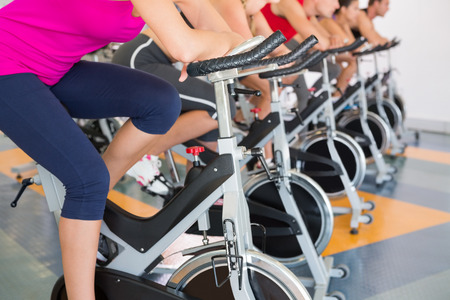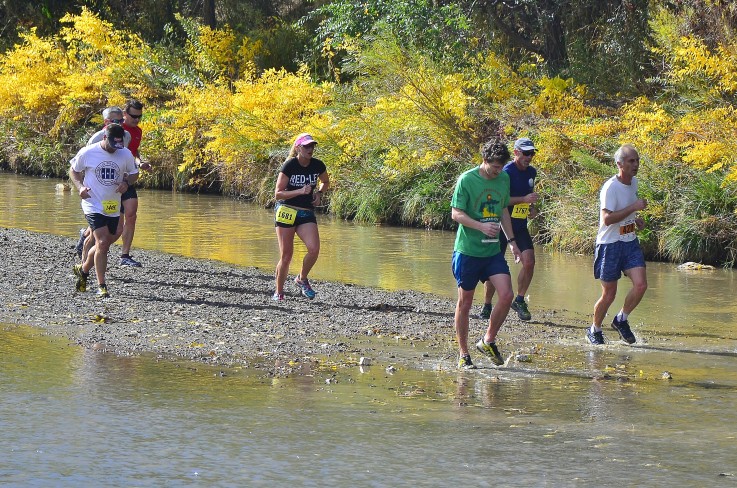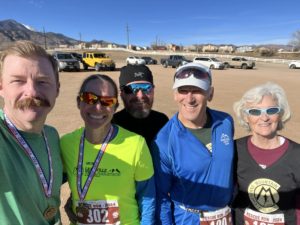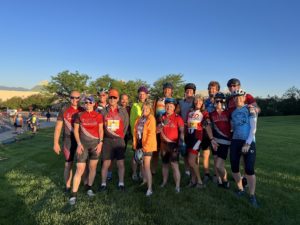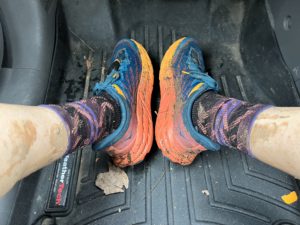Injuries aren’t fun, but in the world of endurance sports, as much as we can try to prevent them, they can happen. And sometimes just when we think we are turning the corner of the road to recovery, we find out we have to go back and start over again. How do you respond in this circumstance?
Last summer, I suffered a hip injury and upon figuring out what it was (labral tear), I learned that surgery was the quickest way to fix it and get moving again. It meant about a month of doing nothing but physical therapy, then easing back into swimming and cycling, and then after about 4 months I could start to run again. I had the surgery on October 30th, knowing I’d be out of commision during the fall and winter, but should be back in some sort of race shape (though probably not my best) by summer. Late season races would be a good test, and I should be good to go to have a solid fall.
But alas, sometimes things aren’t always that easy, and during the last month of my recovery, I felt something not quite right with my other hip. Since I was already going to PT I had them work on it, as a common issue is just pain from compensation. If only it were that easy. I had my suspicions so I opted to get an MRA (where they inject contrast dye into the joint for the MRI) to really know what was going on in there. Sure enough, the other hip has a labral tear. Again, the fastest way for me to be back in action and not have to try to navigate pain management and activity levels knowing there is an injury to the hip joint is to get the hip surgically repaired.
My next hip surgery is scheduled for March 27th, and I will be out another 4 months before I can run. It takes about 3 months after the surgery to get cleared to ride outside. I can get in the pool 4 or so weeks after the surgery, with a couple weeks of only pulling. Takes about another 4-6 weeks to get comfortable kicking and have a reasonable push off the wall. It will be July before I can ride outside, August before I can start running again. I had my last real run at the end of June 2013.
Is it frustrating? You bet.
I enjoy riding and running the roads and trails of Colorado. It’s a great place to live and train, so it is hard to not be able to get out and do that.
Am I upset? No.
I have to take the attitude that stuff happens, and we work to get through it. I am losing a season of racing. Is that the end of the world? Not at all. I still have a lot of years of racing ahead of me, so the smarter I approach the recovery process, the more future years I will have. In the grand scheme of things, one year isn’t that much. (Please remember that when you only have to take a week or two off of training!) Sure there are some fitness setbacks from being forced to take that much time off, but it will come back.
At least this time I know what to expect from the surgery and understand the recovery process!
If you are faced with a setback, or perhaps one longer than you had anticipated, be patient. Focus on the recovery and doing things right. Take the time you would normally train and use it to do something positive, such as learning something new or building relationships.
Make sure you have a support team – your family, friends, and coach can help you through the ups and downs. While it’s not so bad to be stuck inside during the winter, it will be challenging to not be able to ride in the spring and early summer. Having people around to give me positive vibes, and finding other ways I can be outside while respecting my recovery will go a long way.
You will have to modify your goals. Normally I’m a big goal setter and will have my next race season pretty much planned out at the end of the year. I felt a little empty not being able to do that this year, and while I had some end of season races in mind I didn’t commit anything to paper. I felt that the best approach so that recovery would be the highest priority.
Those “back of my mind” goals have to change now. 2014 will pretty much be a recovery year, and once I have a feel for how I am coming out of recovery #2 will I start to think about possible events. I did and will continue to volunteer at races that I can’t participate in, as long as doing so doesn’t compromise my recovery.
In short, stay patient and positive, surround yourself with supportive people, and be realistic in your recovery goals. And until March 27th, I’m going to be moving as much as my first repaired hip will let me…



